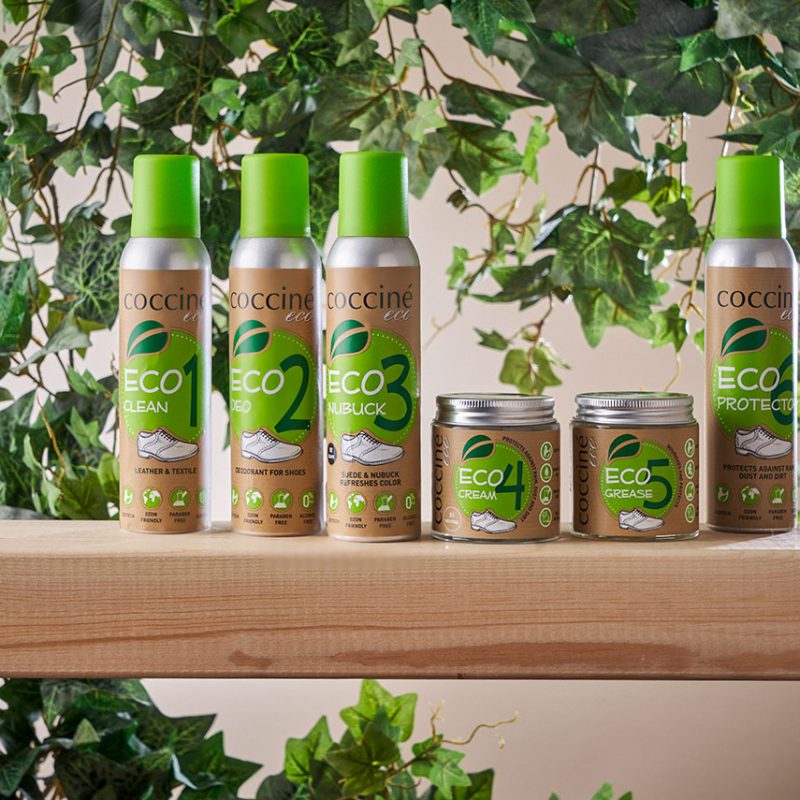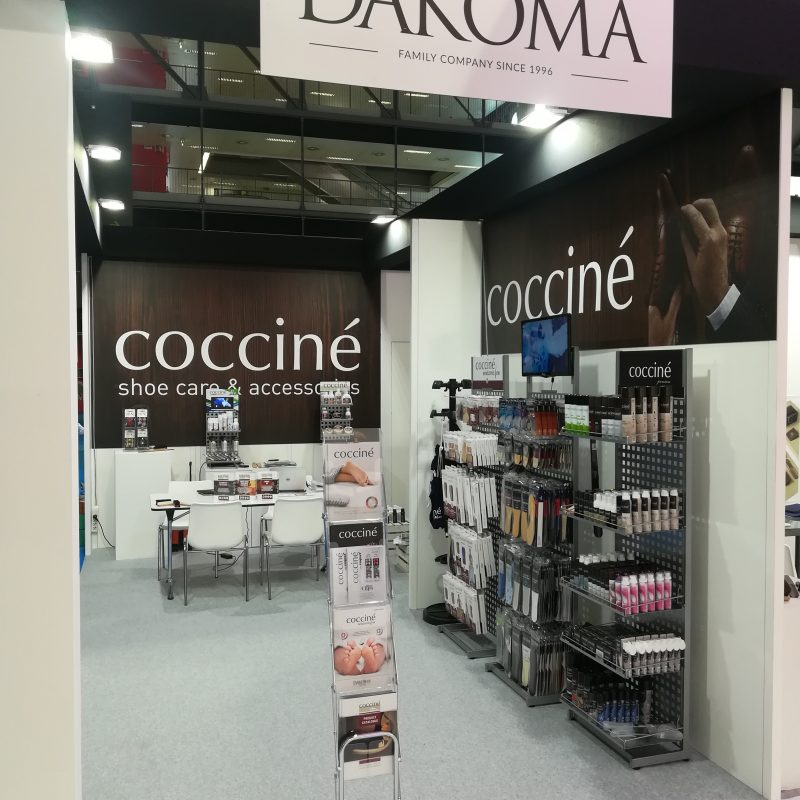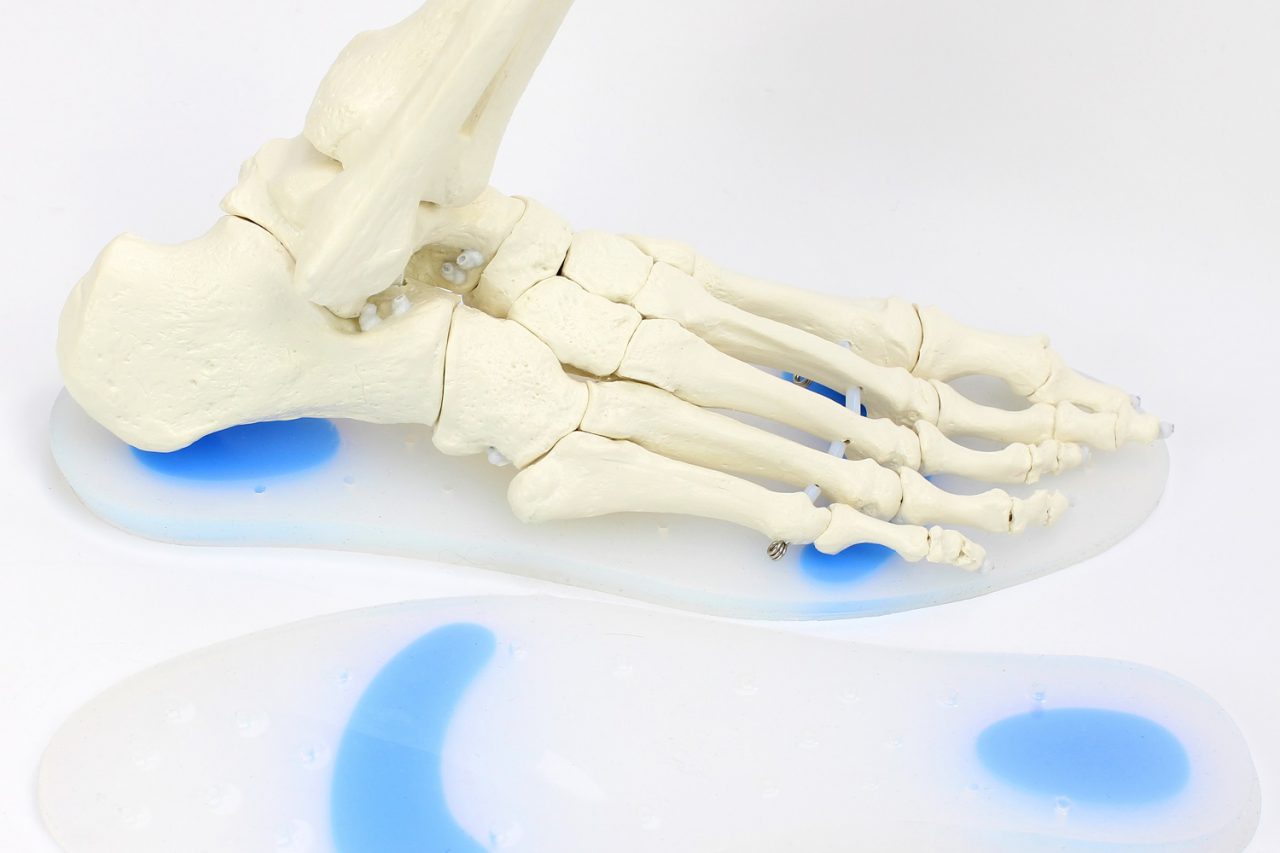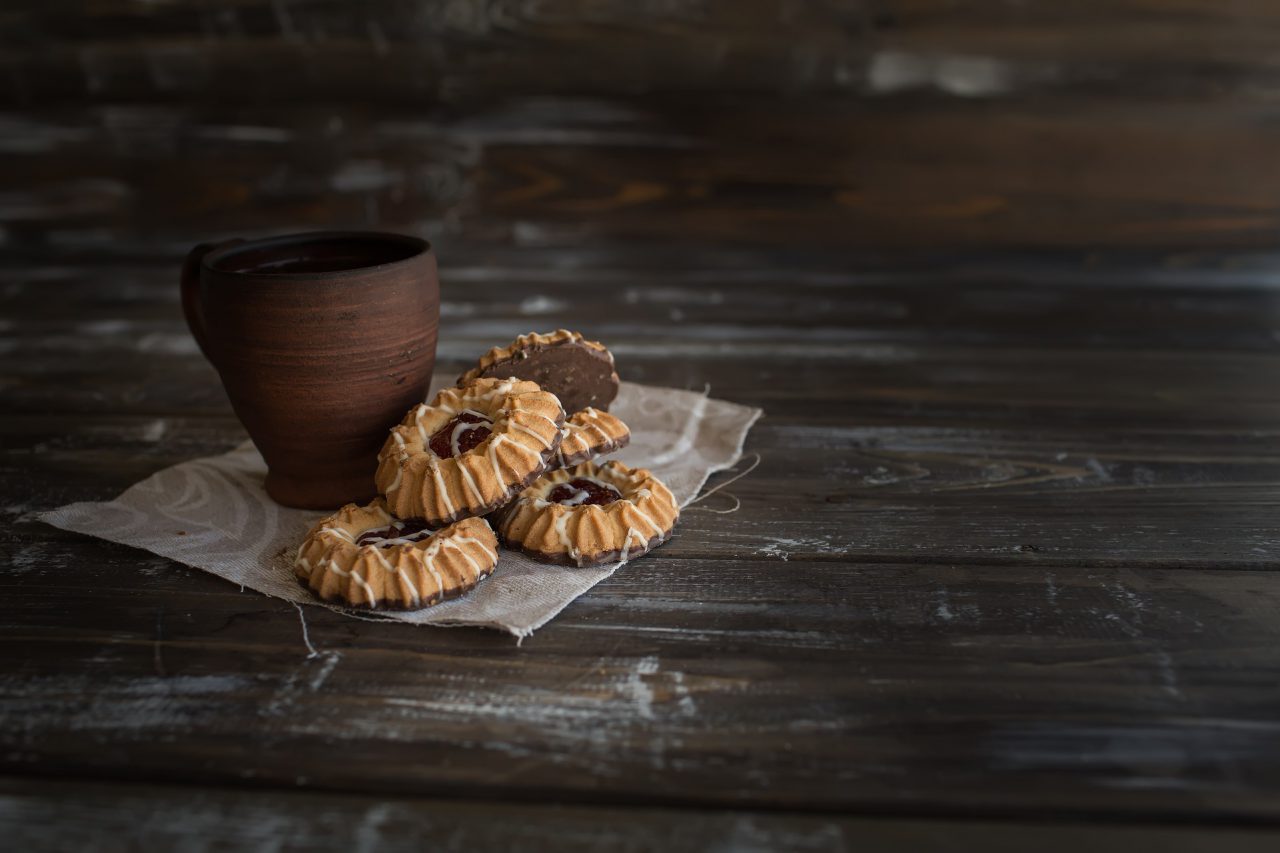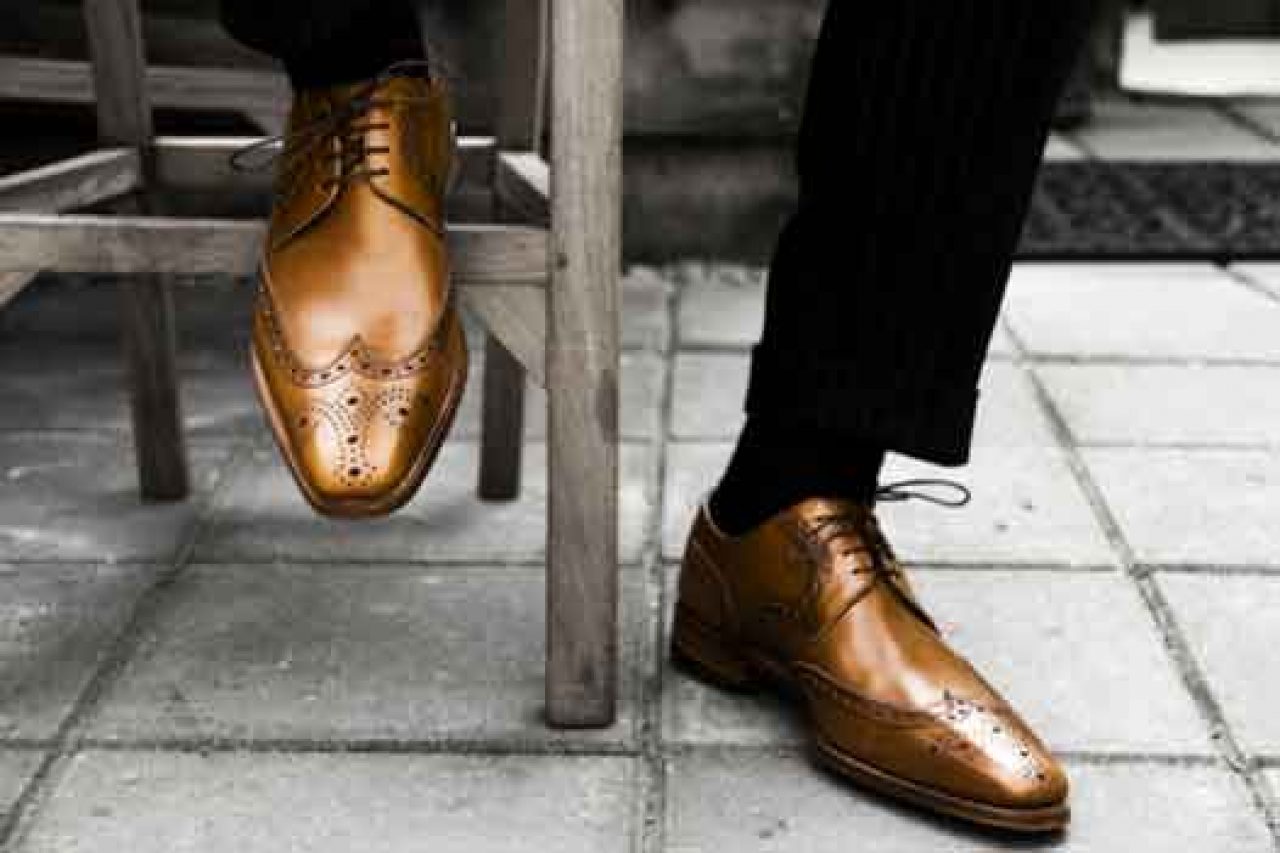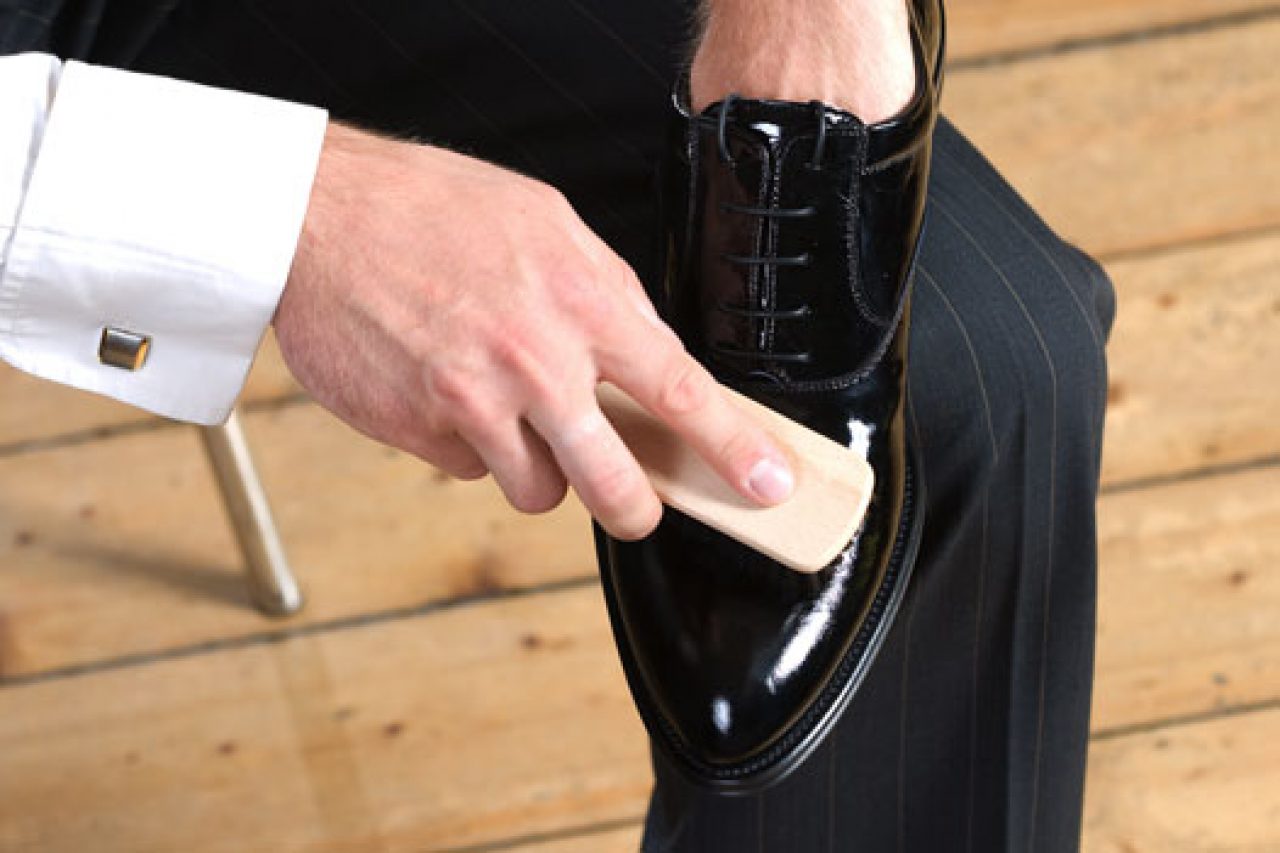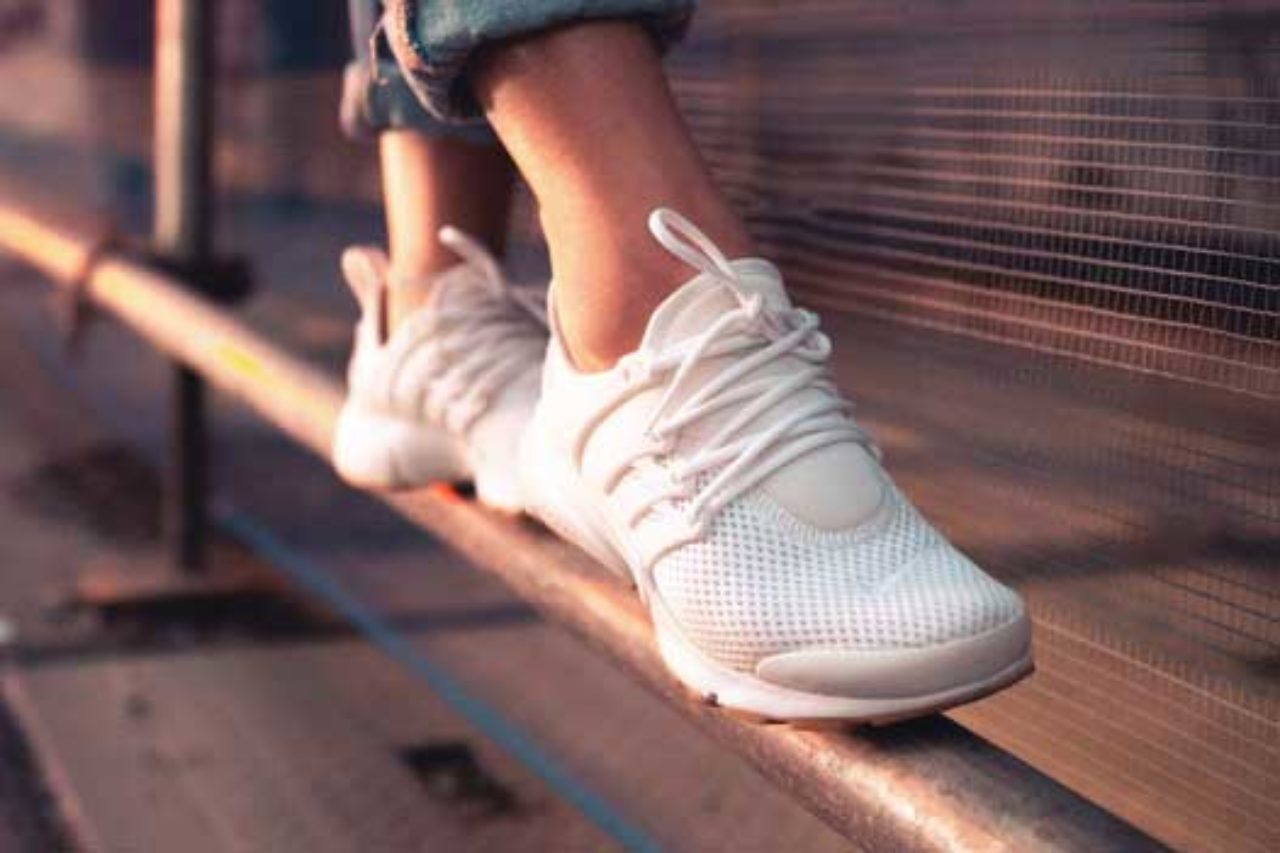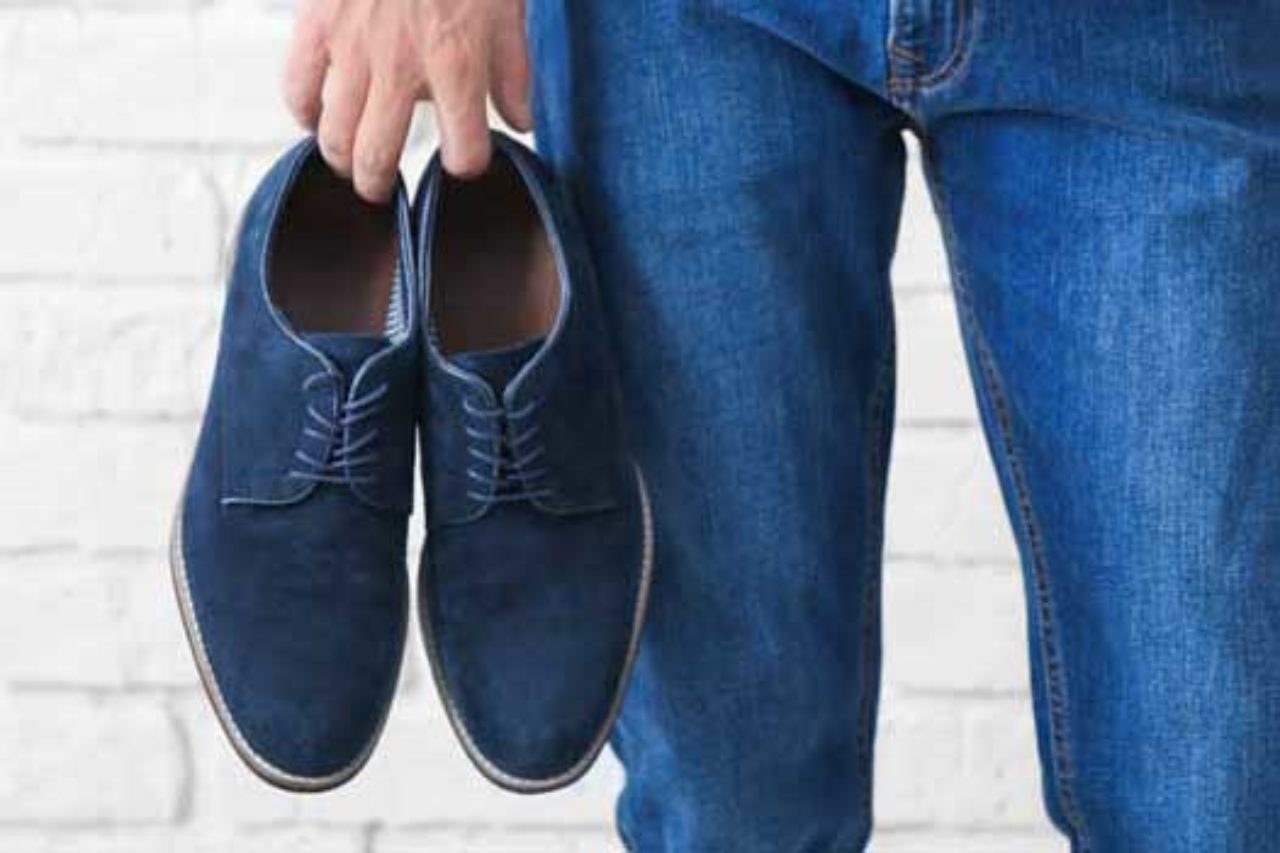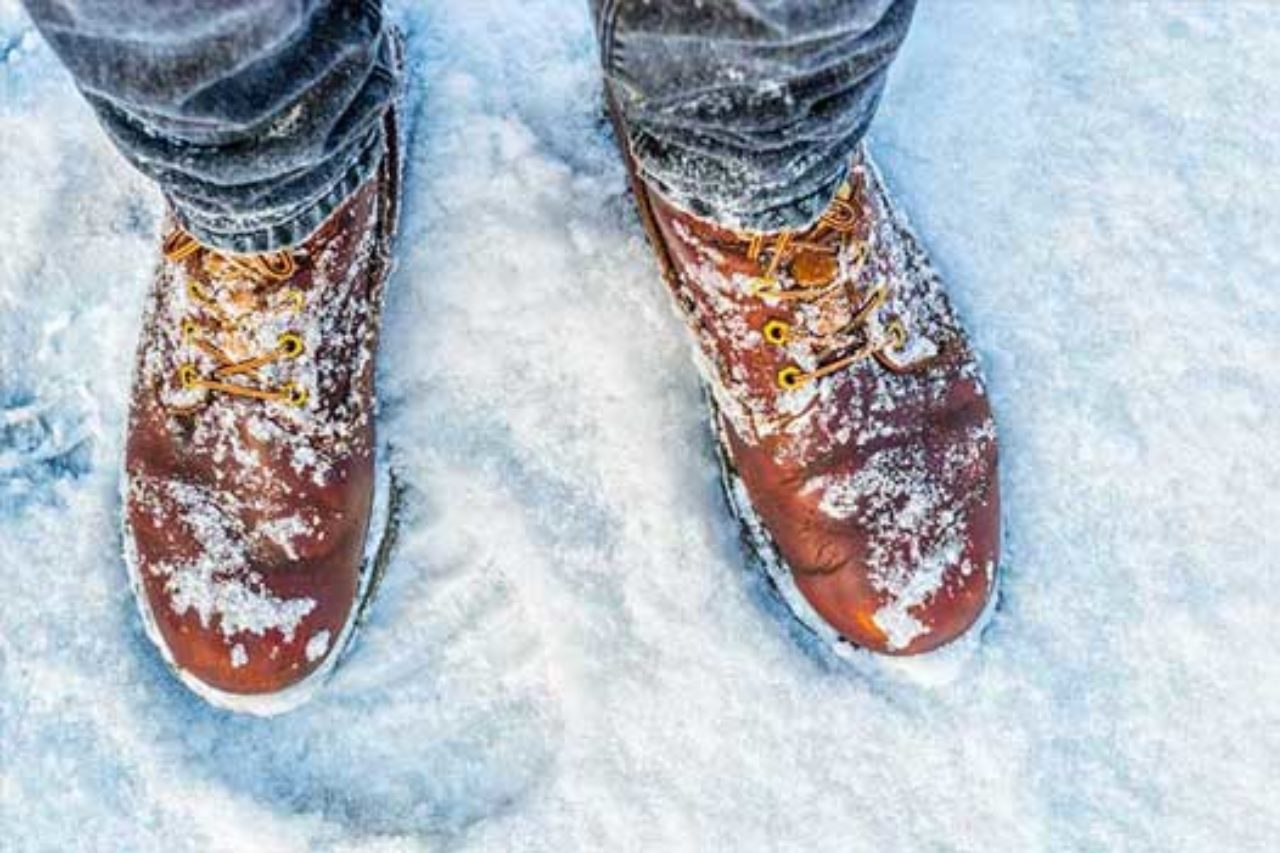This guide aims to make you aware of how to properly read use and application icons on the packaging. Once you learn to recognize them, then one glance will be enough to determine what the product is used for and how to use.
Let’s start with chemical products. We usually have most doubts about them. How to use them, from what distance, are they safe for our skin and maybe forbidden for suede? Familiarization with the method of use is crucial not only for effectiveness, but also for the safety of cleaned and maintained items.
It is important not only to read icons correctly, but also to follow their order. For example, this icon  means to shake vigorously before use. Another icon
means to shake vigorously before use. Another icon  means to spray the product on footwear from a distance of about 20 cm. And although it is not clearly indicated, we never spray the product in one spot. We apply it evenly to the surface of the footwear. However, if you find such an icon:
means to spray the product on footwear from a distance of about 20 cm. And although it is not clearly indicated, we never spray the product in one spot. We apply it evenly to the surface of the footwear. However, if you find such an icon:  it means the product cannot be used on heels. They are made of a different material than the rest of footwear, so the chemical composition can e.g. cause discoloration.
it means the product cannot be used on heels. They are made of a different material than the rest of footwear, so the chemical composition can e.g. cause discoloration.
Correct reading of “pictograms” is the basis for use of Cocciné products. We sometimes encounter improper use of products and thus the final result is unsatisfactory. To clean or protect shoes as efficiently as possible, simply follow the instructions on packaging.
Shoe care process is not complicated. What’s more, it has been simplified to a few steps which you need to follow in the right order to get the desired result. An important element is also the time required for footwear to dry after certain product application. Sometimes 15 minutes is enough, sometimes you should leave shoes to dry completely. These icons say: This one tells you to wait a minimum of 15 minutes  , whereas this suggests you wait until shoes are completely dry:
, whereas this suggests you wait until shoes are completely dry:  . It is important, because products are applied in different conditions. Often it is at room temperature, but humidity may vary. Sometimes the amount of applied product forces a longer time needed for its drying. We have to point out that this process shouldn’t be artificially forced, i.e. we don’t put shoes near a heater, we don’t use a dryer. Drying process sometimes has to be long (e.g. all night) to receive the best effect. Also keep in mind that shoe cleaning and care process is often multi-stage therefore if the first steps are not carried out correctly, the final actions will no longer be as effective as they should be.
. It is important, because products are applied in different conditions. Often it is at room temperature, but humidity may vary. Sometimes the amount of applied product forces a longer time needed for its drying. We have to point out that this process shouldn’t be artificially forced, i.e. we don’t put shoes near a heater, we don’t use a dryer. Drying process sometimes has to be long (e.g. all night) to receive the best effect. Also keep in mind that shoe cleaning and care process is often multi-stage therefore if the first steps are not carried out correctly, the final actions will no longer be as effective as they should be.
Shoes are diverse, we can say that each one is different. The age of footwear and products applied to footwear to date are also of great importance for the cleaning and care process. Perhaps you have neglected the cleaning and care process so far, and only now you have noticed that proper and regular use of Cocciné products extends the lifespan of footwear. It’s never too late for that, but again – the proper use of creams, pastes, cleaning foams is the key to getting the best result.
Take, for example, two different ways of applying products:  in this case, we apply the foam or liquid directly onto a sponge, and then onto footwear. But we apply products with an applicator
in this case, we apply the foam or liquid directly onto a sponge, and then onto footwear. But we apply products with an applicator  directly and evenly onto footwear. This is important because skipping the process of applying the product to a sponge but instead – doing it directly onto shoes – may damage their surface. Especially when we use strong cleaning products.
directly and evenly onto footwear. This is important because skipping the process of applying the product to a sponge but instead – doing it directly onto shoes – may damage their surface. Especially when we use strong cleaning products.
Following instructions will allow you to:
– gain the best end result
– save time required for cleaning and care
– reduce the need to buy a new pair of shoes
– use Cocciné products efficiently
– minimize the risk of footwear damage
The full instructions for use are given below:

The next table is informative and does not affect the efficiency or final result of cleaning and care process. However, it will allow you to get acquainted with the purpose and category of a given product at a glance.

The situation is a little different with insoles and shoe accessories. Their use does not require any procedure, because the products are ready to use after being removed from packaging. Of course, there are also exceptions here, such as insoles for self-adjusting size by cutting them yourself. The selection of the right insole is a very important process which must be done consciously. But the benefits of making this decision are noticeable from the very first step. First of all, you can choose insoles which:
– reduce sweating
– eliminate microorganisms and unpleasant odours
– prevent joint and foot pain
– shock-absorb
– warm
– lift the heel (raising)
– are antistatic
– provide air circulation

Pictograms on packaging will allow you to choose the right insole for your needs in an easy and clear way. What’s more, insoles have a beneficial result on foot health, there are also such ones which put the foot in the right position and reduce footwear wear. There are such ones as well which minimize feet sweating, positively affecting material condition from which shoes are made. That is why it is so important to become familiar with “pictograms” and their meanings, because thanks to this you will be able to choose the insole correctly.

